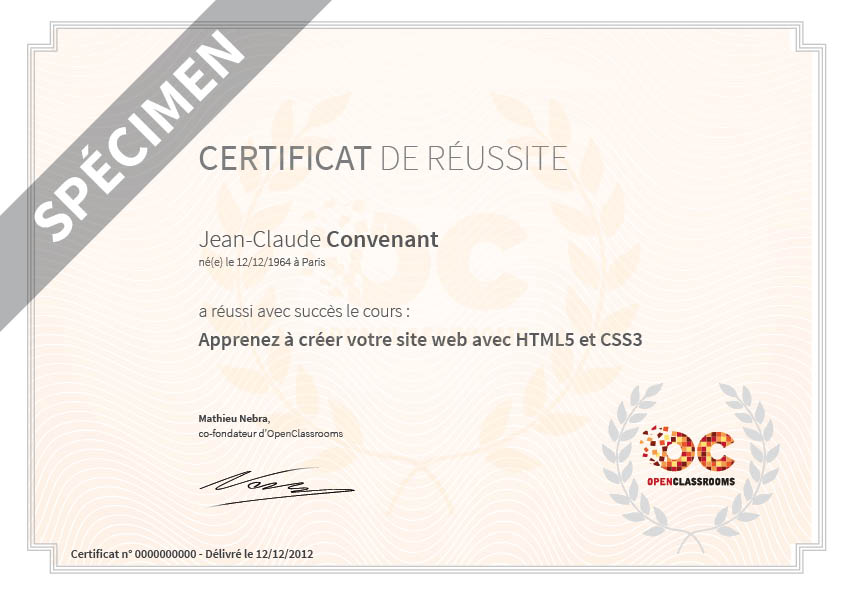In the final part of this course, you’ll discover what it takes to build your client base. You’ll examine everything from generating leads and deciding what to charge to managing your professional relationships and developing your business.
In this chapter, you’ll focus on the first part of this process: how to position yourself as an expert in your industry, which, in turn, will help make you more attractive to potential customers.
Establish yourself as an expert
Customers are much more likely to hire you if they believe you know your industry inside out. It’s important, therefore, to not just tell them you’re an expert but show them.
Customers like to see evidence of your professionalism, and there are five ways you can demonstrate this:
Highlight a specialism
Enhance your skills
Know your industry
Create a strong, professional brand
Share your knowledge
1. Highlight a specialism
Is there something you can offer clients that is unique to you? A skill that’s in a niche of its own? If you have a unique or rare skill, you should highlight it in your marketing, on your website and when networking.
You’ll also need to let customers know about it when you pitch for work. Clients are prepared to pay more for specialist skills, so don’t underestimate the knowledge and experience you’ve gained up till now.
2. Enhance your skills
Research courses or workshops that can add value to the knowledge and experience you already have. Is there another skill you can learn? A qualification you can work towards?
This is the area of continuous professional development (CPD), and it shows you’re continually reflecting on, and thinking about, how you can enhance and improve the skills you currently have.
3. Know your industry
Subscribe to industry publications, read the news, speak to people who work in the same field. What do you think about new developments, products or regulations?
Share your thoughts through a blog or social media, write guest posts on other people’s blogs. Make yourself heard. Let your clients see you have an opinion.
We look up to people we perceive as having strong views, who can justify their opinions through logical thought processes, statistics or personal experience – and who aren’t afraid to share what they think, however controversial.
4. Create a strong brand
Develop a strong professional brand, and it will help keep you at the forefront of your clients’ minds. This means having a memorable logo, a professional-looking website and business cards that will stand out and be remembered.
Be polite, helpful and enthusiastic about your work. Always respond to queries or comments – positive or negative.
5. Share your knowledge
Sharing what you know builds confidence in your abilities. However, share the process and challenges behind that knowledge, and you’ll be perceived as real, honest and trustworthy.
Opening yourself up a little to show some of your own experiences and vulnerability is an authentic way to demonstrate your learning process. Here are some of the ways you can do this:
Write an ebook
Create a blog
Develop an online course
Run webinars
Record a podcast
Show determination
“The life of the professional writer – like that of any freelance, whether she be a plumber or a podiatrist – is predicated on willpower. Without it there simply wouldn’t be any remuneration, period.” – Will Self
One thing you’ll need to get used to is being turned down. You won’t get every job you pitch for, despite how much effort you spend preparing for it.
Having determination means seeing every knockback as a lesson. Digging deep and having the willpower to keep going. Did you target the right client? What could you have done to improve your pitch?
When I first started freelancing, I used to take each rejection hard. I’d worry that I wouldn’t make enough money that month or struggle to find more work. But there is a point at which that changes. You soon realise that there’s work everywhere if you know where and how to look.
Now, if I’m turned down for a job, I see it as an opportunity to find something better. And it’s usually the case.
Companies that recognise your skills and knowledge are prepared to pay well for it. So positioning yourself in this way will help you:
a) determine how much to charge and
b) help you raise your fees when the time is right
Both of which we’ll look at in the next chapter.
